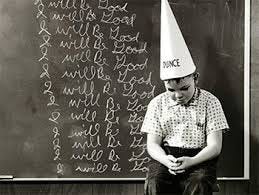Being right is not the same thing as being persuasive. It’s also not the same thing as being inspiring, compelling, fit, or adaptive. The skills needed to survive (and thrive) may differ from—and even conflict with—those needed to be right.
In a dynamic world—where our perceptions are both a part of and a contributing force to reality—being right is old …
Keep reading with a 7-day free trial
Subscribe to What Is Called Thinking? to keep reading this post and get 7 days of free access to the full post archives.



